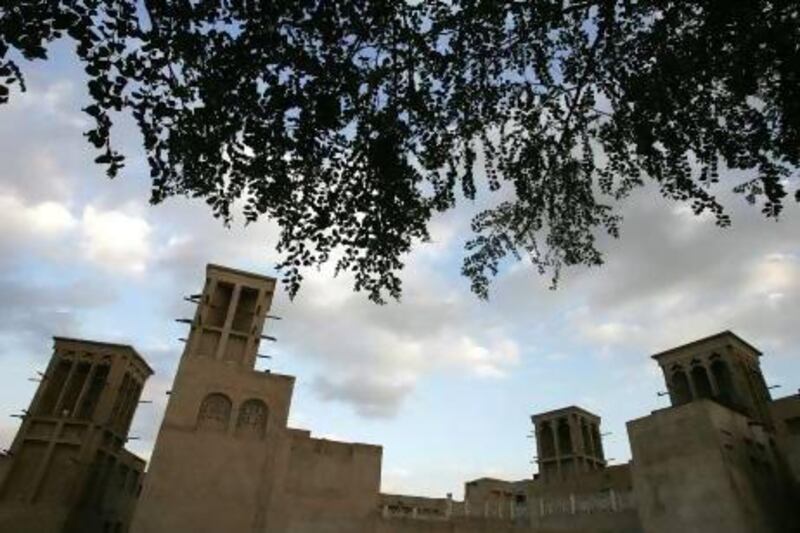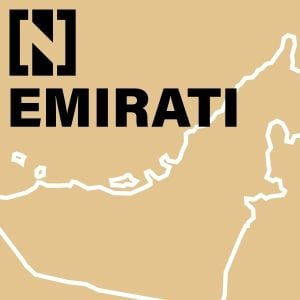DUBAI // An international fund should be set up to support the preservation of historic buildings, an expert says.
Rashad Bukhash, director of Dubai Municipality’s architectural heritage department, is also calling for the development of the heritage tourism sector to generate income and make conservation efforts sustainable.
He believes it is necessary to run public awareness campaigns and to establish centres for traditional handicrafts to ensure they survive.
Conservation organisations should also share their expertise through seminars and workshops to encourage scientific research in the field.
Mr Bukhash made the recommendations at a conservation conference in Dubai today. “It is necessary to record the heritage sites as that will help us to keep them for the next generation, and to obtain support from governments,” he said.
The need for global cooperation was stressed in the conference’s core recommendations, which were issued on Sunday by the municipality, the organiser of the event.
Delegates called for a plan, to be known as the Dubai Initiative, that would develop methods and approaches to conserving the cultural heritage that applied specifically to the Arab and Islamic worlds.
Help with this would be sought from international conservation organisations such as the International Council on Monuments and Sites, and the International Centre for the Study of the Preservation and Restoration of Cultural Property, which should be encouraged to involve Arab experts in their activities.
Delegates said governments should preserve cultural sites and treat any attempts to damage them as a crime. A country’s heritage should be integrated into comprehensive and sustainable national development plans.
Communities should be encouraged to participate in heritage initiatives, and the level of cultural awareness should be raised through museums and other means.
Bouzid Boudiaf, a lecturer at Ajman University, spoke about restoration projects in Sharjah, Dubai and Ajman at the International Architectural Conservation Conference. But he said simply renovating the physical fabric of buildings was not enough.
The activities that traditionally took place in an old building – such as furniture making, producing clothes or other traditional crafts – should be revived to illustrate how the site developed.
“We restored just the physical but we didn’t keep the activities,” he said. “In Sharjah, we restored buildings and most of the activities are oriented towards tourist or commercial activities.
“We have to find the right way between – it shouldn’t be only for the tourist and it shouldn’t be only for what had been before.
“We want to sustain this environment for the future generations, so they have to know the activities that were behind the development of this environment.
“We need also some income to maintain the buildings and this can be done through tourist activities.”
Mr Bukhash told the conference that his department employed 270 engineers and craftsmen.
“They work on maintaining [historic] areas. They are all specialists in their field,” he said. “We take new graduates from high school and engineers from the universities and provide them with practical training. We focus on the implementation of traditional methods of building.”
The restoration of historic buildings can have unforeseen benefits, according to another speaker, Peter Jackson, architectural adviser to the Sharjah government. He described what happened when part of a project to renovate Sharjah’s historic souq was completed.
“Almost immediately shop owners began upgrading their shops, indicative of growing pride and improved business,” he told delegates.
“The upgrading of Sharjah’s souq was intended to reinforce its natural character and special quality as a principal route through the city, without significantly changing it.
“The souq remains popular, with shops continuing to upgrade their facilities. Its traditional character has been celebrated.”
Mr Boudiaf summed up the importance of preserving heritage sites, saying: "Any historical area is in fact an illustration of the traditions and customs of the area and should be sustained as a living memory."
csimpson@thenational.ae






